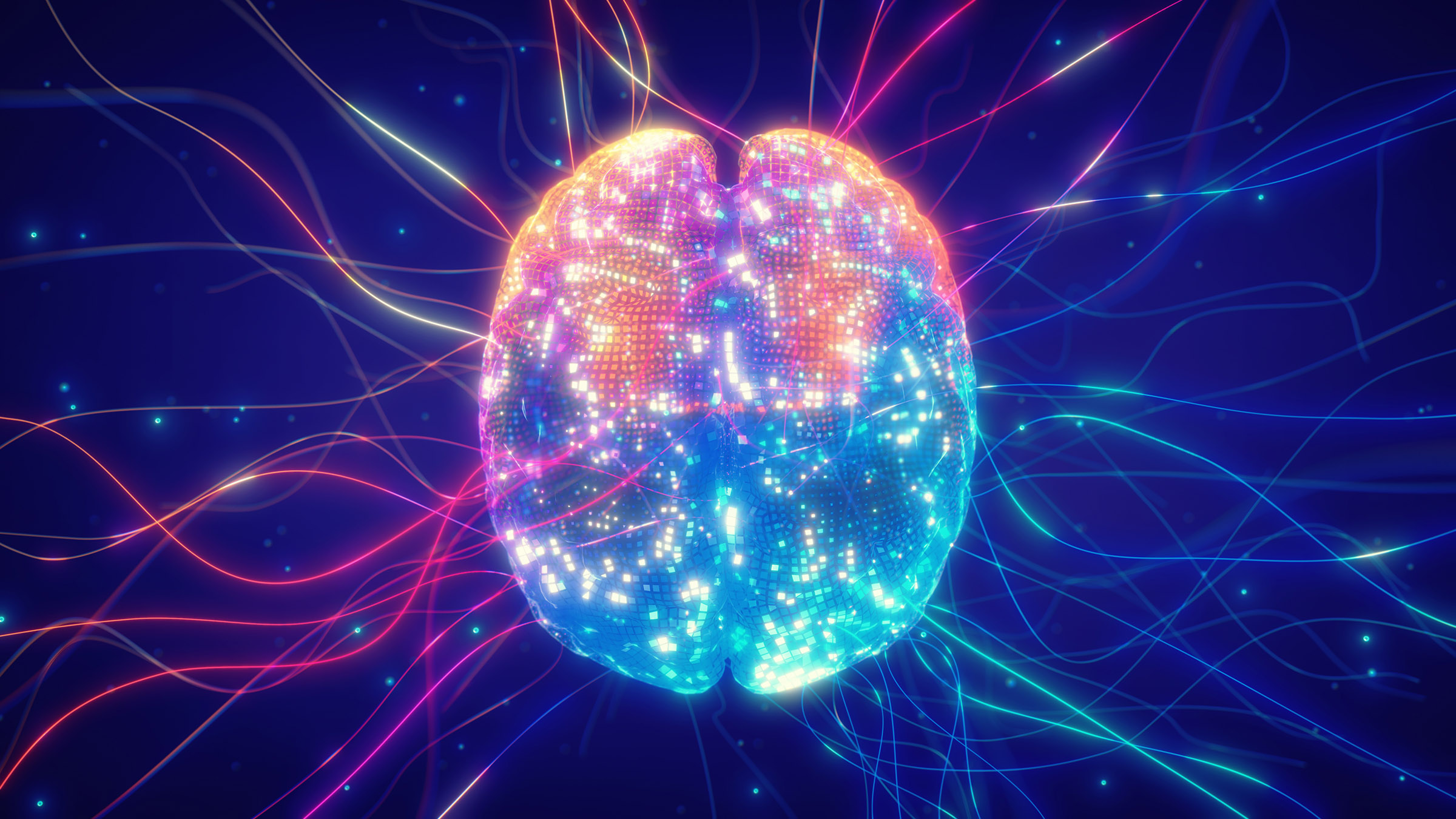A new study into sleep and learning shows a new development in brain activity at rest. Some neurons in the brain could fire during sleep in a way that convinced researchers the brain could predict the future.
The new research from Rice University and the University of Michigan builds on existing studies showing that sleep is important for learning because it helps create new memories.
It is unclear whether the activity the researchers observed is actually responsible for dreaming. That would mean that some of our dreams try to predict the future. But I will say that I think I experienced this newfound brain function when I was much younger.
I would routinely wake up at night with solutions to some of the more challenging math problems for school. I would wake up and write it down. That’s how excited I would be if I found the right answer. The brain was probably working overtime while I slept. It must have been a dream that I could solve the puzzle that seemed too difficult just a few hours earlier. It happened later in life with video games.
The Rice and Michigan scientists did not test their hypothesis on humans. Instead, they observed rats’ brains while they were awake and performing a specific task. They then followed the animals as they slept and observed how the neurons in the brain worked.
A machine learning algorithm allowed them to conclude that the rats were actually dreaming of the new place they had just experienced when they were awake.
A report from Rice University explains that other studies observed decades ago that the brains of sleeping animals that explored a new environment just before bedtime fired in a way that allowed them to retravel the new trajectories. This allows the brain to form new memories.
However, the researchers wanted to determine whether the neurons would try to frame the problem in a new light during sleep.
“We thought that some neurons might change their representation ⎯ reflecting the experience we’ve all had when we woke up to a new understanding of a problem,” said neuroscientist Caleb Kemere.
The researchers trained the rats to run back and forth on an elevated track with liquid rewards at both ends. They observed how the individual neurons in the hippocampus ‘spiked’. The scientists averaged the peak speed of neurons over many laps. That’s how they estimated the neurons’ place field “or the area in the environment that a particular neuron cared about most.”
The next step was to assess the behavior of place fields when the animals slept. That’s why they didn’t move through the maze.
“We tackled this challenge by relating the activity of each individual neuron to the activity of all other neurons,” said Kamran Diba, associate professor of anesthesiology at Michigan.
That’s where AI comes into the picture. The researchers used machine learning algorithms to examine the neurons and determine where the animal dreamed of being. They then used the dreamed positions to estimate the spatial tuning process for each neuron they observed.
For example, the researchers noted that the neurons are not just trying to stabilize a new memory that the brain is just forming. It is as if the animals experience the problem again during sleep. Here’s how Kemere explained the findings in the Rice University report:
What I liked most about this study, and the reason I was so excited about it, is the discovery that it is not necessarily the case that these neurons stabilize the memory of the experience during sleep. It turns out that some neurons end up doing something different.
We can see these other changes taking place during sleep, and when we place the animals back in the environment for a second time, we can confirm that these changes really reflect something learned while the animals slept. It is as if the second exposure to space actually occurs while the animal is sleeping.
This could be the first study to show that neuroplasticity occurs during sleep. Plasticity research examines the mechanisms that allow neurons to rewire and form new representations. But most studies look at that activity while the subjects are awake and interacting with stimuli.
What about nightmares and deja vu?
Forget solving math problems while I sleep. If these findings are correct, I would like to know what nightmares are when looking at neurons from this perspective. Perhaps the brain is indeed trying to predict the worst outcomes by making me experience near-death adventures in my sleep.
Moreover, I wonder if deja vu, the feeling of having experienced a certain event, is related to this specific brain behavior.
I’m speculating wildly, and more researchers, perhaps in the realm of real human brains, may be needed to test these questions. In the meantime, you can find the complete brain sleep research in Nature.
